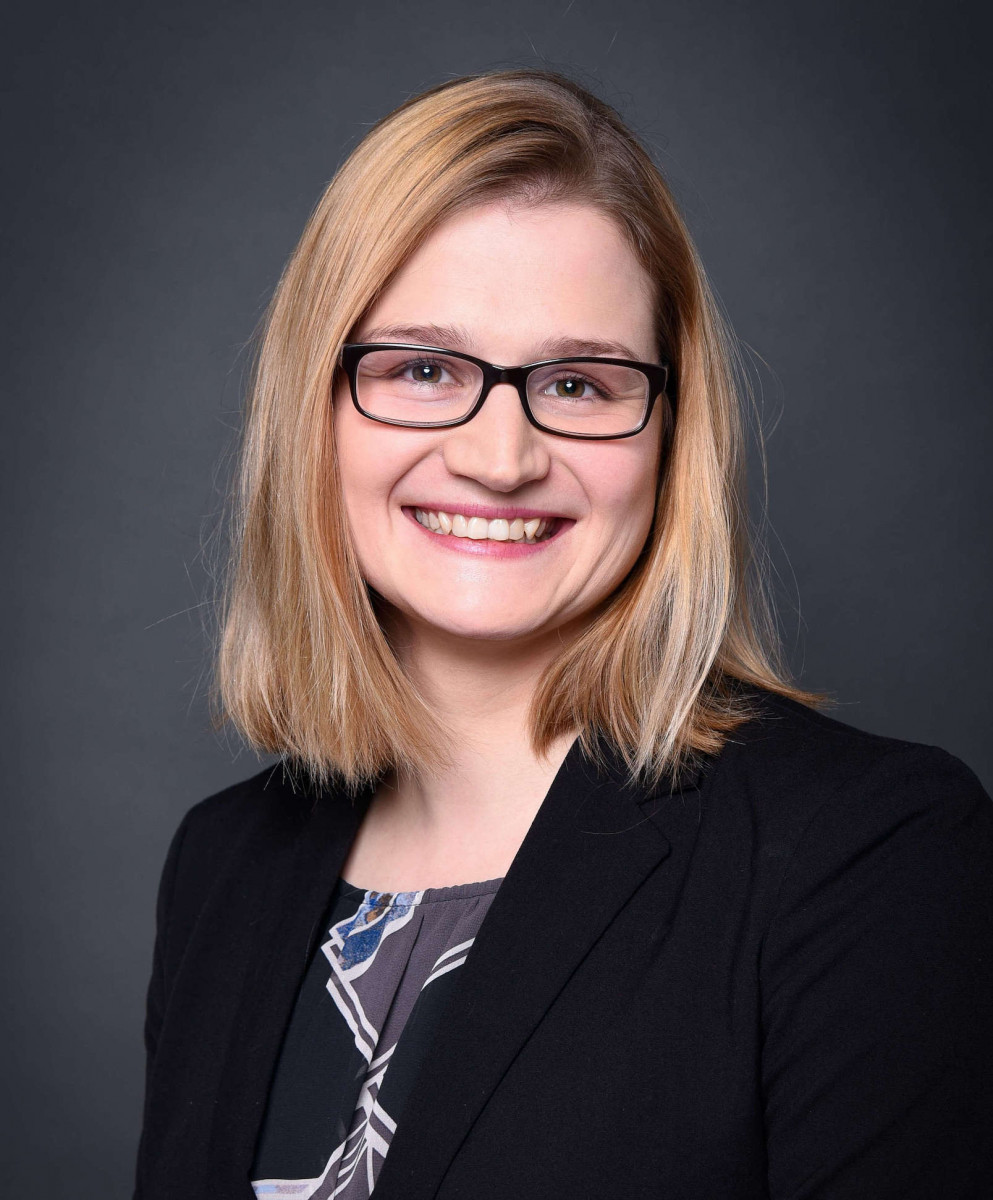FAIRification of Services – Two Examples

8 April 03:00 PM CEST (1 hour webinar)
The webinar is offered by FAIRsFAIR Work Package FAIR Practices: Semantics, Interoperability, and Services, and explores two facets of the FAIRification of services: the FAIR assessment framework for data services, and the features of FAIR repositories.
The FAIR principles are explicitly targeted at both metadata and data, with data here being regarded as any digital resource, asset or object (e.g. APIs, workflows, ontologies, models, and others). However, digital objects cannot be made FAIR without supporting infrastructure services supporting the FAIR data principles themselves.
One approach is a systematic evaluation of the FAIRness of services. In this regard, FAIRsFAIR is developing a FAIR assessment framework for data services alongside a similar framework for research software. The interim “Assessment report on ‘FAIRness of services" is the topic of the first part of the webinar. The webinar will briefly review FAIR assessment frameworks for data and other digital objects and motivate the need for a similar framework for services.
After the presentations there will be time for Q&A and discussion; all feedback on the underlying reports will be welcome at the webinar and can also be offered online at the links provided above.
The context
The FAIR principles (Wilkinson et al., 2016) provide direction and guidance for research data management and stewardship and are relevant to all stakeholders in the current digital ecosystem. They aim at improving findability, accessibility, interoperability and reusability of data, and define expected behaviours for metadata, data and supporting infrastructural elements. However, the principles are, by design, formulated as high-level guidelines that require further interpretation and definition by the community.
While the FAIR principles are explicitly targeted at research data and associated metadata, a truly FAIR ecosystem also includes other digital research objects (e.g. software, workflows, ontologies, digital models, and others). – as well as the services and supporting infrastructure that operates on them to enable efficient, equitable and frictionless sharing, analysis and re-use. It is therefore imperative to critically consider how such data services can ‘be’ or, perhaps better, ‘enable’ FAIR.
AGENDA
- Intro: The FAIRsFAIR project - Jessica Parland-von Essen (CSC)
- FAIRification of Services – Two Examples - Hylke Koers & Claudia Behnke (SURFsara)
- Q&A
SPEAKERS
- Claudia Behnke - SURFsara
 After finishing her PhD in nuclear physics, Claudia realised she loved fundamental research but absolutely did not want to work as a scientist. After a small detour into science communication and outreach at CERN, Claudia found herself at SURFsara, the Dutch ICT structure, where she leads the data preservation team and is responsible for an archive holding 70 PB of scientific data. Her primary focus is on supporting scientists in research data management, and she is task leader of FAIRsFAIR task 2.3.
After finishing her PhD in nuclear physics, Claudia realised she loved fundamental research but absolutely did not want to work as a scientist. After a small detour into science communication and outreach at CERN, Claudia found herself at SURFsara, the Dutch ICT structure, where she leads the data preservation team and is responsible for an archive holding 70 PB of scientific data. Her primary focus is on supporting scientists in research data management, and she is task leader of FAIRsFAIR task 2.3.
- Hylke Koers - SURFsara
MODERATOR
- Jessica Parland-von Essen - CSC - ICT Solutions for Brilliant Minds
 Dr Jessica Parland-von Essen is Senior Coordinator in the group for Services for Research at CSC. She has a degree in Library and Information Science and is also adjunct professor of History at the University of Helsinki. She has been working with the national Finnish Open Science and Research Initiatives since 2014, and active in knowledge exchange work for open scholarship. Dr Parland-von Essen has produced several guides for open science and co-authored a national landscape report on persistent identifiers. Currently she is chairing the national work for research data citation and is responsible for the work package 'FAIR Practices: Semantics, Interoperability, and Services' in the FAIRsFAIR project.
Dr Jessica Parland-von Essen is Senior Coordinator in the group for Services for Research at CSC. She has a degree in Library and Information Science and is also adjunct professor of History at the University of Helsinki. She has been working with the national Finnish Open Science and Research Initiatives since 2014, and active in knowledge exchange work for open scholarship. Dr Parland-von Essen has produced several guides for open science and co-authored a national landscape report on persistent identifiers. Currently she is chairing the national work for research data citation and is responsible for the work package 'FAIR Practices: Semantics, Interoperability, and Services' in the FAIRsFAIR project.
WEBINAR VIDEO
WEBINAR FILES
| Attachment | Size |
|---|---|
| 1.03 MB | |
| 14.69 MB | |
| 9.9 MB |
